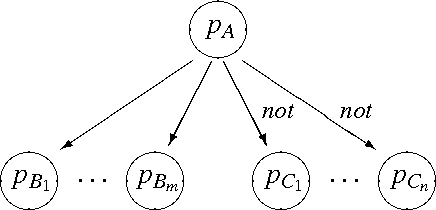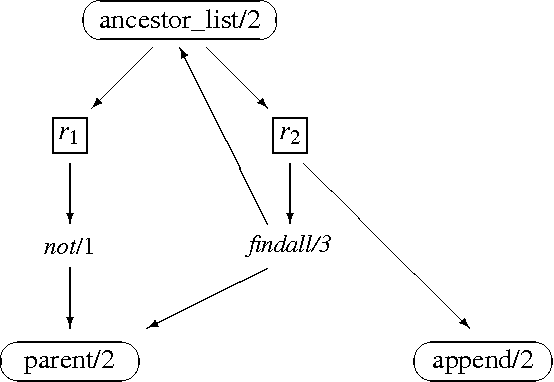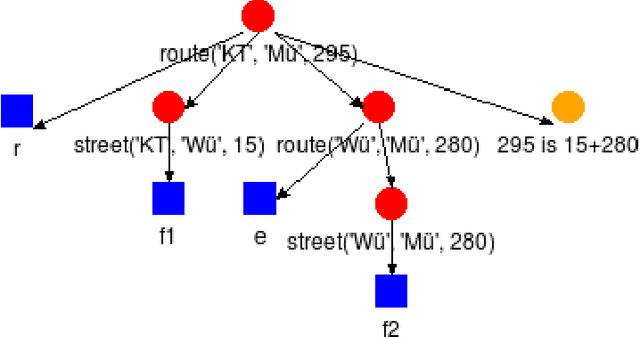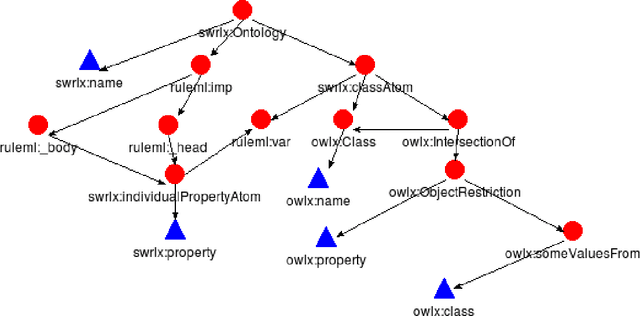Dietmar Seipel
University of Würzburg
Towards Generating Explanations for ASP-Based Link Analysis using Declarative Program Transformations
Sep 08, 2019



Abstract:The explication and the generation of explanations are prominent topics in artificial intelligence and data science, in order to make methods and systems more transparent and understandable for humans. This paper investigates the problem of link analysis, specifically link prediction and anomalous link discovery in social networks using the declarative method of Answer set programming (ASP). Applying ASP for link prediction provides a powerful declarative approach, e.g., for incorporating domain knowledge for explicative prediction. In this context, we propose a novel method for generating explanations - as offline justifications - using declarative program transformations. The method itself is purely based on syntactic transformations of declarative programs, e.g., in an ASP formalism, using rule instrumentation. We demonstrate the efficacy of the proposed approach, exemplifying it in an application on link analysis in social networks, also including domain knowledge.
Knowledge Engineering for Hybrid Deductive Databases
Jan 03, 2017



Abstract:Modern knowledge base systems frequently need to combine a collection of databases in different formats: e.g., relational databases, XML databases, rule bases, ontologies, etc. In the deductive database system DDBASE, we can manage these different formats of knowledge and reason about them. Even the file systems on different computers can be part of the knowledge base. Often, it is necessary to handle different versions of a knowledge base. E.g., we might want to find out common parts or differences of two versions of a relational database. We will examine the use of abstractions of rule bases by predicate dependency and rule predicate graphs. Also the proof trees of derived atoms can help to compare different versions of a rule base. Moreover, it might be possible to have derivations joining rules with other formalisms of knowledge representation. Ontologies have shown their benefits in many applications of intelligent systems, and there have been many proposals for rule languages compatible with the semantic web stack, e.g., SWRL, the semantic web rule language. Recently, ontologies are used in hybrid systems for specifying the provenance of the different components.
* In Proceedings WLP'15/'16/WFLP'16, arXiv:1701.00148
 Add to Chrome
Add to Chrome Add to Firefox
Add to Firefox Add to Edge
Add to Edge